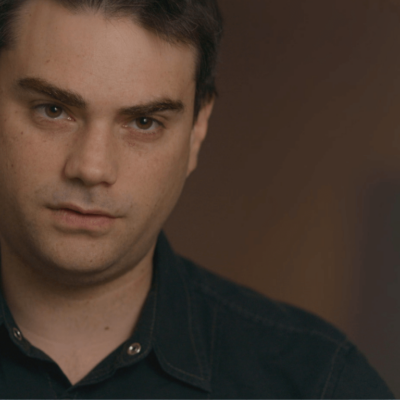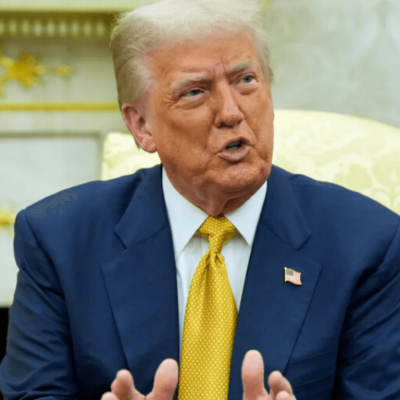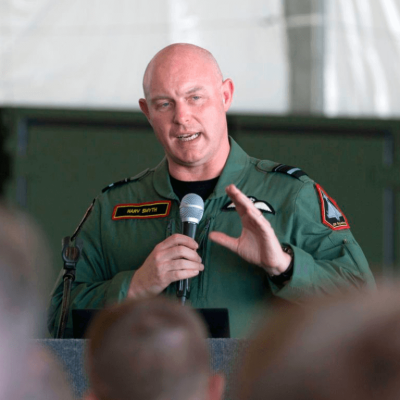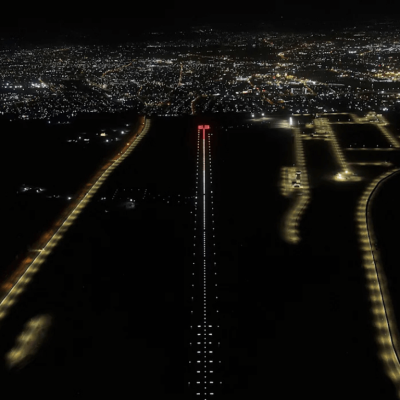The French war on terror in the Sahel desert, now Wagner mercenaries are a problem
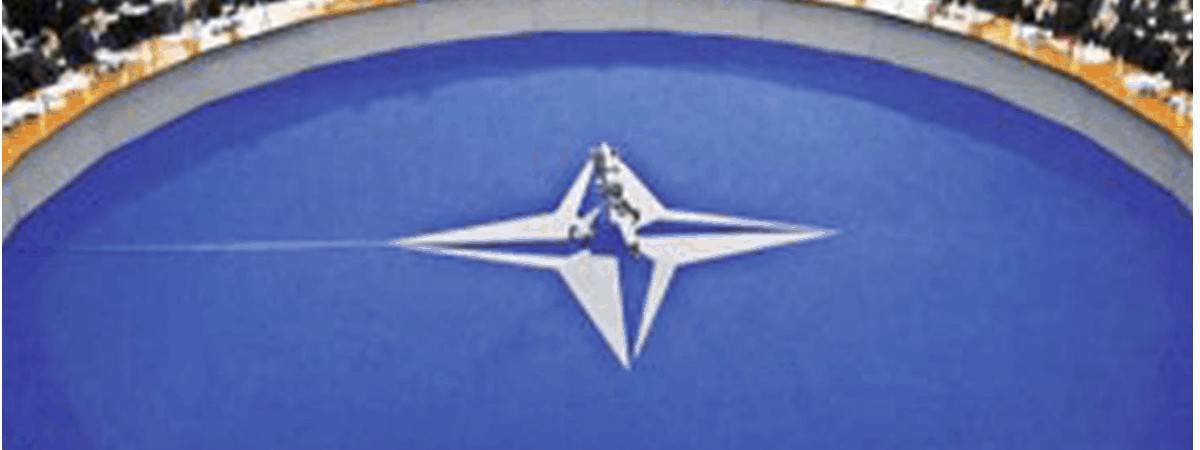
NATO is expanding its presence in the Middle East. This is in response to the demand of US President Donald Trump to strengthen the Alliance’s role in the fight against terrorism in Iraq. Alliance Secretary General Jens Stoltenberg declared NATO’s readiness to prevent the revival of the Islamic State in the region.
The decision to restart the Iraqi mission of NATO was made at a meeting of defense ministers of the alliance member countries in Brussels on February 12. “We discussed the situation in the Middle East and North Africa region, crises are a challenge for us,” Jens Stoltenberg said at a press conference yesterday at NATO headquarters. “The defense ministers reaffirmed their support for Iraq and agreed to activate our mission in this country.”
We are talking about the continuation and expansion of the NATO training mission, which provides for the training of Iraqi security forces. About 500 advisers and instructors from alliance countries take part in the mission. Jens Stoltenberg emphasized that “NATO is in Iraq at the invitation of the Iraqi government”: “All our activities there are in close contact with the Iraqi leadership. The goal of our mission is to increase the capacity of the Iraqi security forces to pnd men. For Macron, France has already done its part and asks for the intervention of other European armies to control the borders with Mauritania, Libya, Algeria, Niger, and Burkina Faso.
Furthermore, since last year, the jihadist groups of Mali, free to move undisturbed because the state is absent, have begun to foster the flames of inter-ethnic conflicts, exacerbating the ancient feuds between farmers and ranchers, between Peul and Dogon.
Paris has therefore decided to reorganize its military presence on the ground thanks to a more restricted device and more connected to local armies, which mainly launches targeted attacks against the leaders of the jihad. A new strategy has already paid off: on 16 September, the French military killed Adnan Abu Walid al-Sahrawi, their “priority enemy” in the Sahel and founder of the Islamic State in the Greater Sahara.
Since 2011, Al-Sahrawi has been responsible for most of the bloodiest offensives in Mali, Niger, and Burkina Faso. Its end is also the demonstration that, albeit by reducing its troops, Paris is not willing to leave Mali nor the war against terrorism in the region. Especially since the EUTM Mali mission is now operational in the African country, made up of 700 soldiers from 25 European countries.
That is not the opinion of the prime minister of Bamako, Choguel Maiga, who yesterday in the United Nations tribune criticized Paris for having “let her country fall on deaf ears.” Maiga also said he had to fill the void that Paris leaves with the withdrawal of most of his troops. That adds to the new protest of thousands of protesters who every week in the capital reaffirm their support for the transitional authorities and ask for closer ties with Russia. In the background, there are controversies on the Malian authorities that have started with the Russian private security company Wagner to conclude a military collaboration contract.
News has circulated that the Bamako government is close to reaching a deal with Wagner to send a thousand Russian mercenaries in a contract worth over 10 million dollars a month. According to the same sources, the agreement could also guarantee the Wagner group access to three mineral deposits, two of gold and one of magnesium.
The French Defense Minister, Florence Parly, has risen against Wagner paramilitary company, close to the Kremlin and already massively present in Libya and the Central African Republic. “We cannot be present in Mali with mercenaries.” But any intervention by the Russian paramilitary company also scares the rest of the European Union. As the High Representative for Foreign Affairs and Security Policy Josep Borrell said, the presence of Russian contractors “would compromise EU cooperation and have immediate consequences for the Bamako government.”

